Overlooking engine maintenance might seem like a way to save time or money, but it can lead to serious and costly issues down the road. Regular check-ups are essential for keeping your car running smoothly and avoiding unexpected breakdowns. In this article, we’ll explore the top 15 pitfalls of neglecting engine maintenance that every car owner should be aware of.
Contents
Engine Overheating
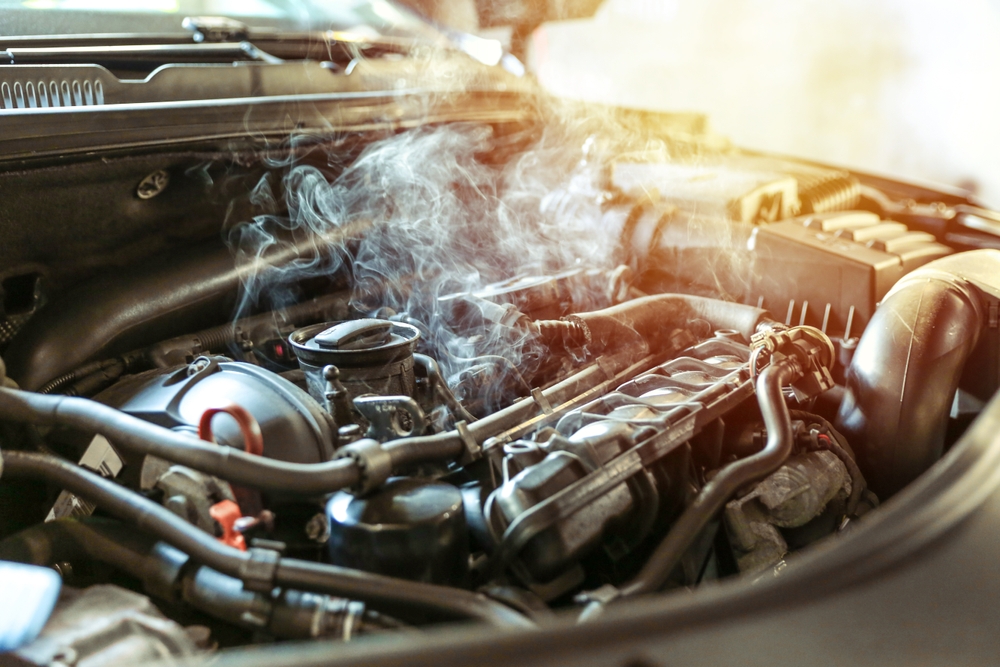
When you ignore routine engine maintenance, crucial components like the coolant system and oil levels can become neglected. Without enough coolant or proper oil circulation, the engine’s temperature can rise uncontrollably, leading to overheating. Overheating is a serious issue because it can warp engine components, blow head gaskets, and even cause the engine to seize entirely. Regular checks ensure that the cooling system is functioning correctly and that oil levels are adequate, preventing severe damage and costly repairs.
Reduced Fuel Efficiency
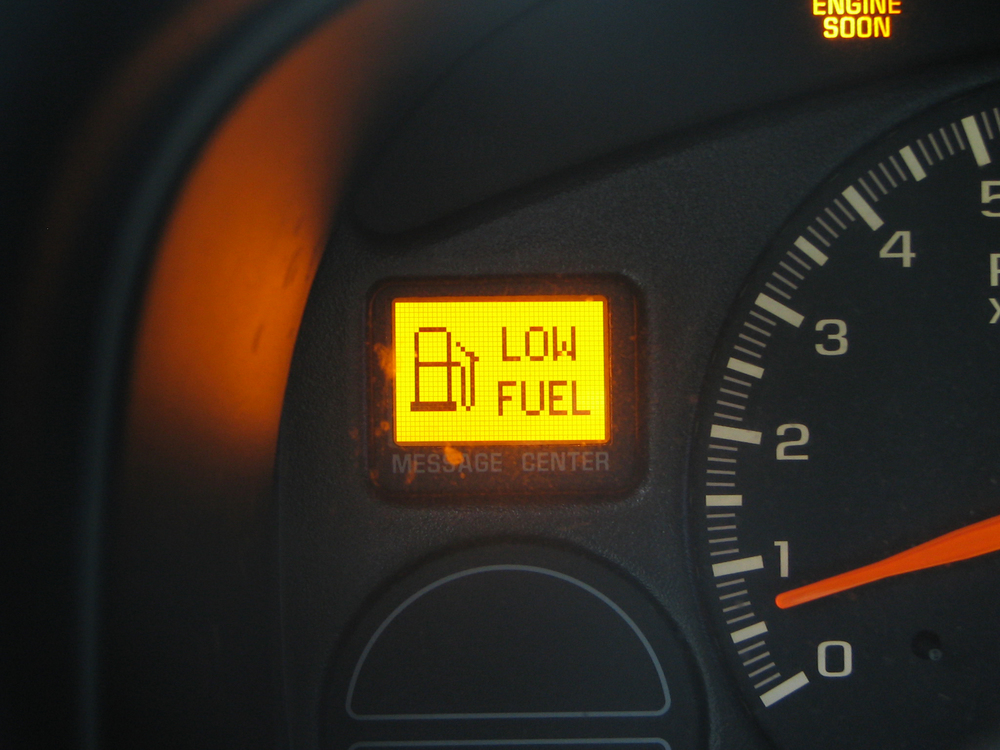
A well-maintained engine operates efficiently, using fuel in the most effective manner. However, neglecting maintenance tasks such as air filter replacement, spark plug inspection, and oil changes can cause the engine to work harder than necessary. This increased strain leads to higher fuel consumption, meaning more frequent trips to the gas station. Regular maintenance keeps all engine components in optimal condition, ensuring your vehicle remains fuel-efficient and saving you money in the long run.
Premature Engine Failure
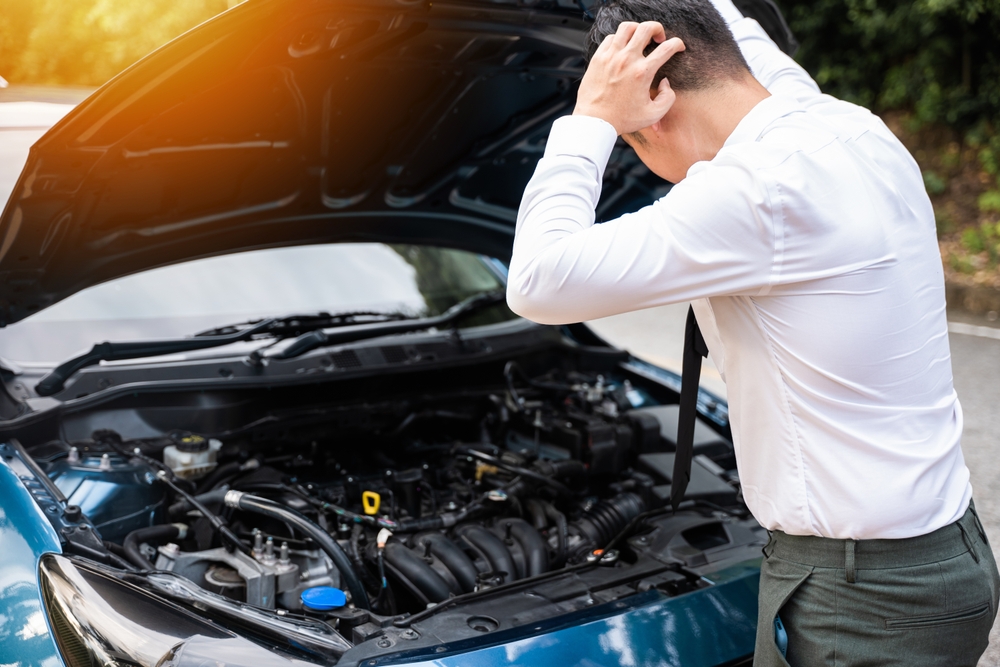
The engine is a complex system with many moving parts, each requiring attention and care. Without routine maintenance, small issues like worn belts or low oil levels can escalate into major problems, eventually leading to complete engine failure. Premature engine failure is not only inconvenient but also extremely costly, often requiring a full engine replacement. Regular check-ups catch these small issues early, prolonging the engine’s life and maintaining your vehicle’s reliability.
Increased Emissions
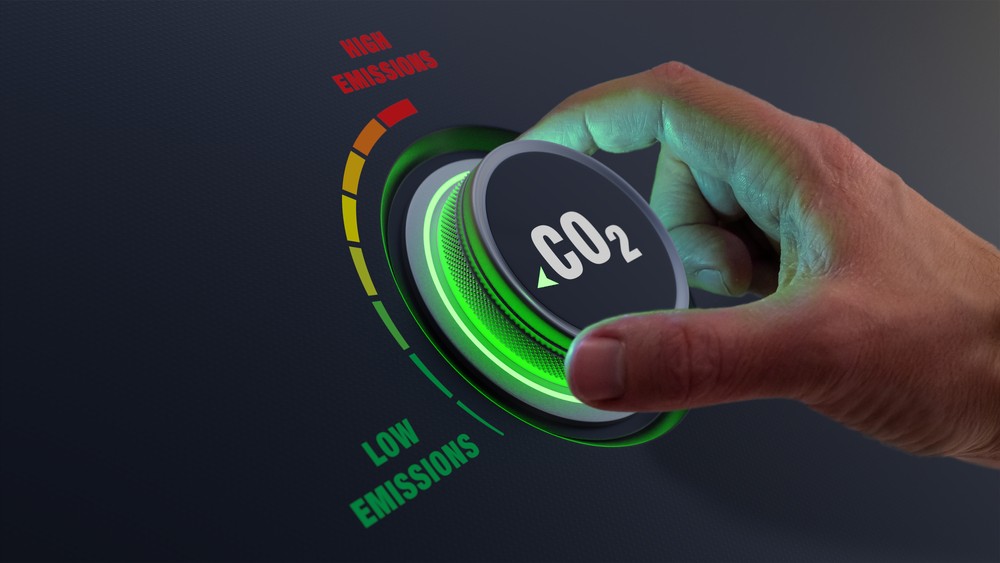
Skipping engine maintenance doesn’t just affect your vehicle; it impacts the environment too. A poorly maintained engine can burn fuel inefficiently, leading to higher emissions of harmful gases like carbon monoxide and nitrogen oxides. These increased emissions contribute to air pollution and can cause your vehicle to fail emissions tests, resulting in fines or the need for expensive repairs. Regular maintenance helps your engine run cleanly, reducing its environmental footprint.
Costly Repairs
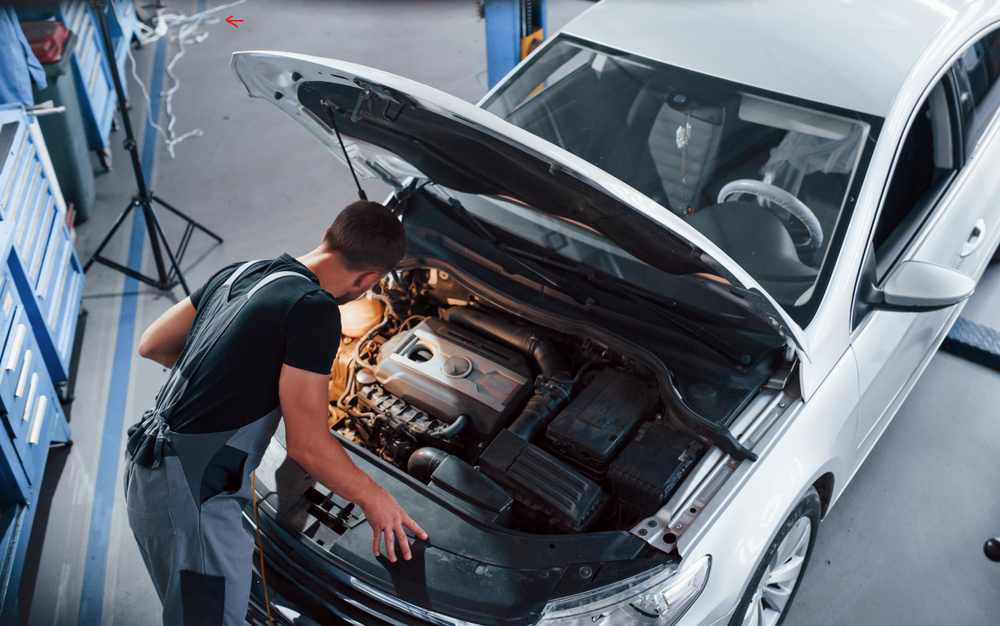
Many engine issues start small but can grow into significant problems if left unchecked. What could have been a simple fix during routine maintenance, such as replacing a worn belt or topping up fluids, can turn into an expensive repair job if ignored. For example, a leaking gasket may seem minor, but if it leads to an oil leak, it can cause severe engine damage. Regular maintenance helps catch these issues early, saving you from hefty repair bills.
Loss of Engine Power
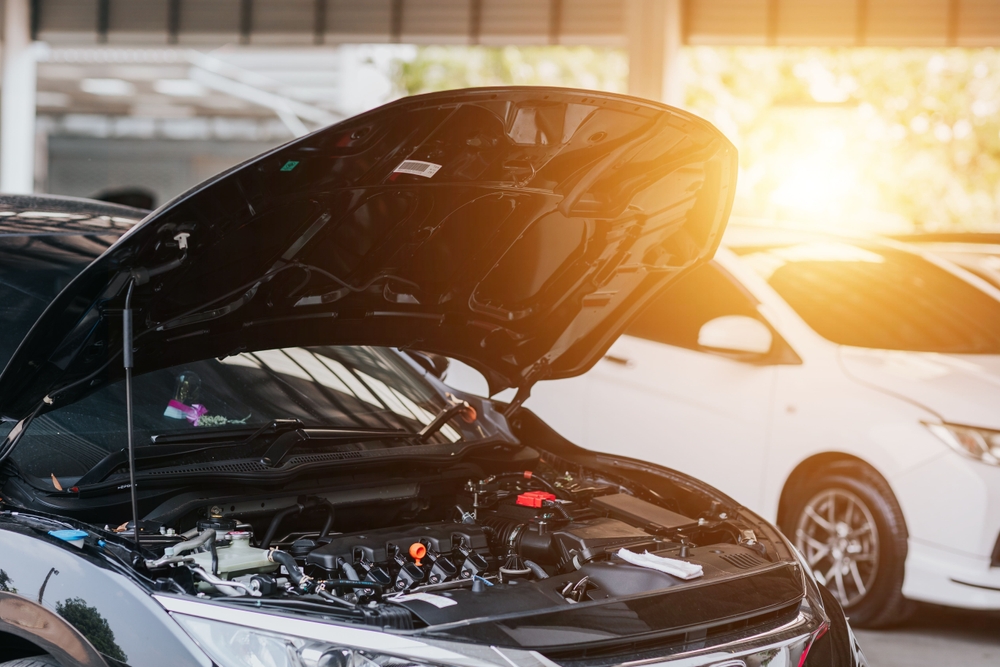
Over time, neglecting engine maintenance can cause a noticeable drop in power and performance. This loss of power can be due to factors like clogged fuel injectors, dirty air filters, or worn spark plugs, all of which make it harder for the engine to operate efficiently. As a result, your vehicle may struggle to accelerate, perform poorly under load, or feel sluggish overall. Regular engine maintenance ensures all components are in top condition, keeping your engine running at its full potential.
Engine Misfires
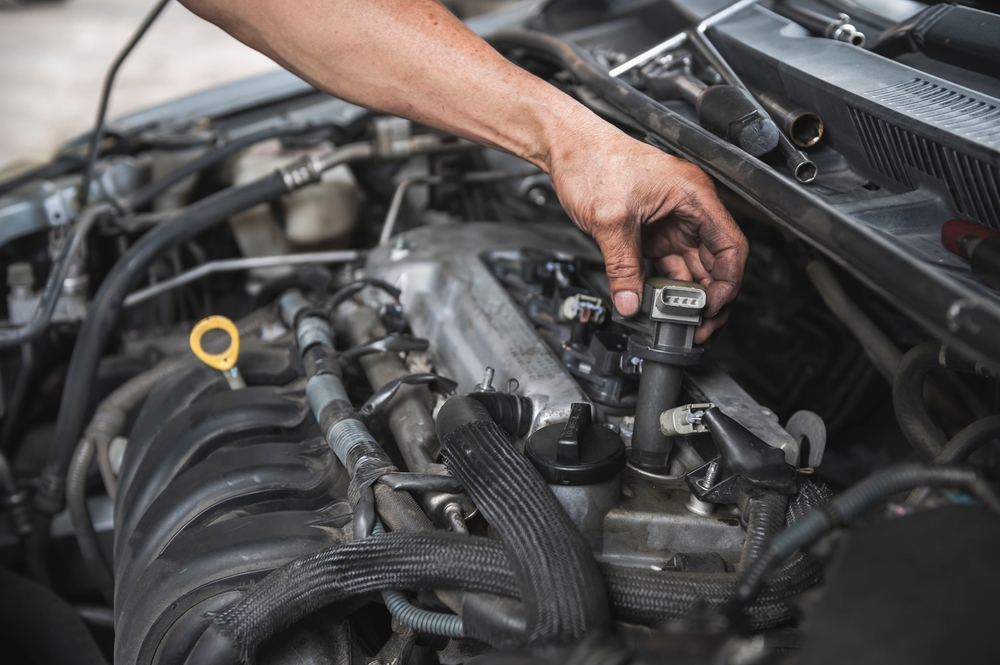
Engine misfires occur when the fuel-air mixture in one or more of the cylinders fails to ignite properly. This can be caused by dirty or worn-out spark plugs, a common issue if regular engine maintenance is overlooked. Misfires can lead to rough idling, reduced power, and increased emissions, and if left unresolved, they can cause damage to the catalytic converter. Regularly inspecting and replacing spark plugs as part of routine maintenance helps prevent misfires and keeps your engine running smoothly.
Decreased Resale Value

A vehicle’s resale value is heavily influenced by its maintenance history. A car with a well-maintained engine is more likely to attract buyers and command a higher price, whereas a neglected engine can significantly lower the vehicle’s value. Potential buyers may be wary of purchasing a car with a history of poor maintenance, fearing future repairs or reliability issues. Keeping up with regular engine maintenance not only ensures your vehicle runs well but also protects its resale value.
Voided Warranty
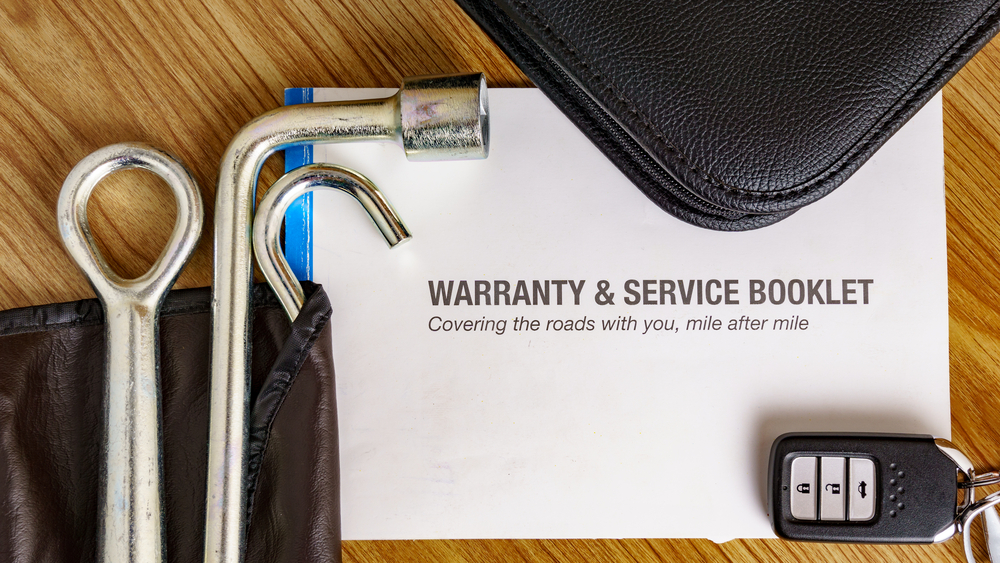
Most vehicle warranties require that the owner follows the manufacturer’s recommended maintenance schedule. Failing to adhere to this schedule can void the warranty, meaning you would have to pay out-of-pocket for any repairs that would have otherwise been covered. This can be especially costly if a major issue arises. Regular engine maintenance ensures you stay within the warranty’s terms, protecting you from unexpected expenses.
Cooling System Failure
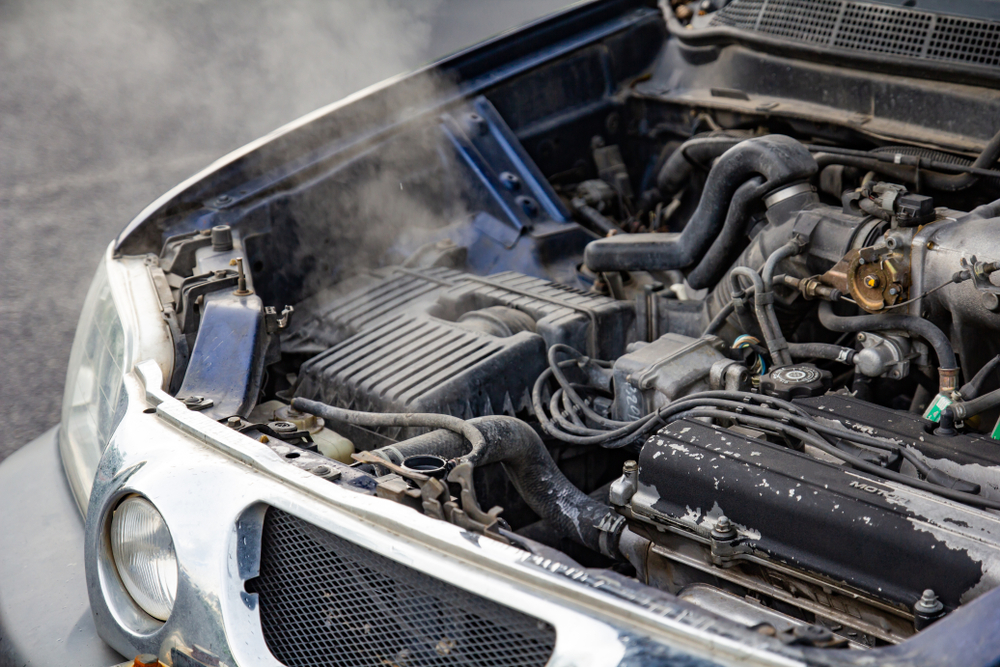
The engine’s cooling system is critical for preventing overheating and maintaining optimal operating temperatures. Neglecting regular maintenance can lead to coolant leaks, clogged radiators, or malfunctioning thermostats, all of which can cause the cooling system to fail. When the cooling system fails, the engine is at risk of severe overheating, which can result in warped engine components or a blown head gasket. Routine maintenance keeps the cooling system in check, ensuring your engine stays cool and runs smoothly.
Battery Drainage
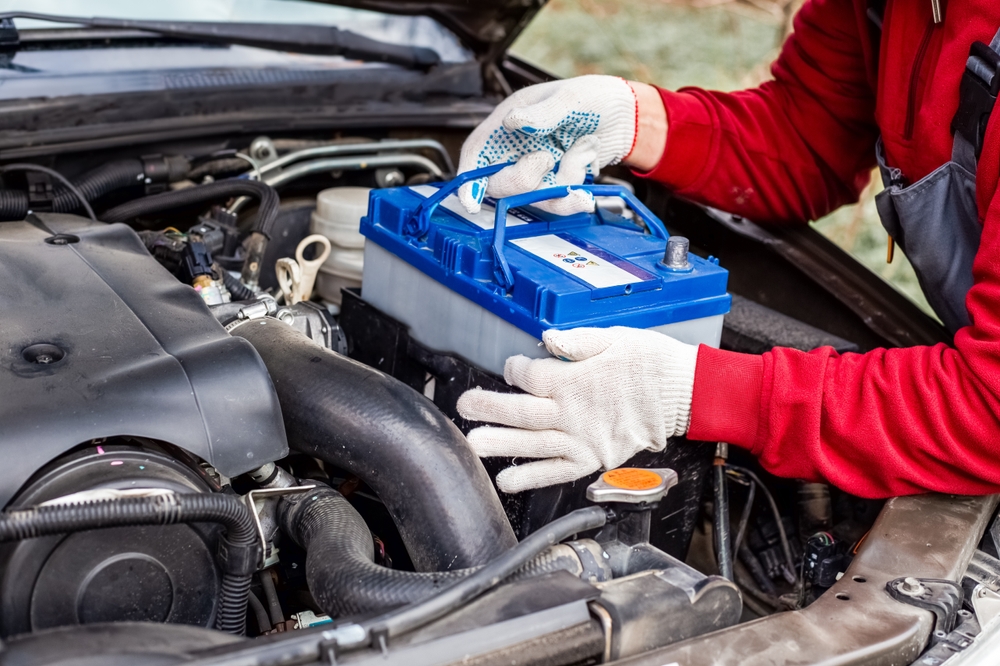
The engine and electrical system are closely linked, and neglecting engine maintenance can affect your vehicle’s battery life. For example, a malfunctioning alternator can lead to insufficient battery charging, causing the battery to drain faster. Over time, this can leave you stranded with a dead battery. Regular engine checks include inspecting the alternator and other electrical components, helping to prevent battery-related issues and ensuring your vehicle starts reliably.
Damaged Sensors
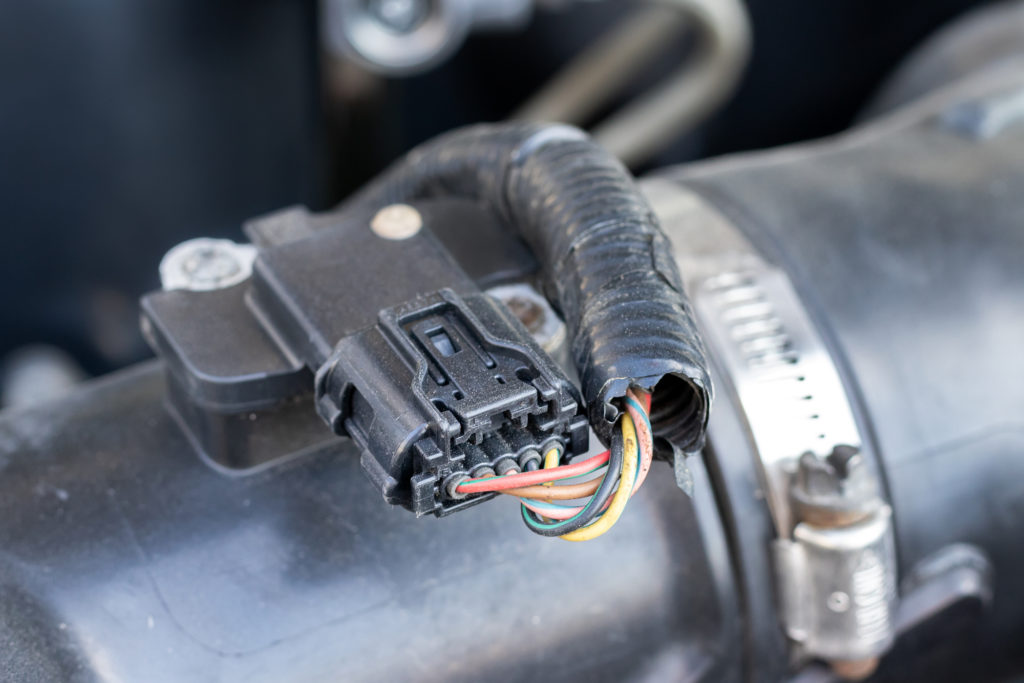
Modern engines rely on a network of sensors to monitor and adjust various functions, such as fuel injection, ignition timing, and emissions control. Neglecting maintenance can cause these sensors to become dirty or damaged, leading to inaccurate readings and poor engine performance. For instance, a malfunctioning oxygen sensor can cause the engine to run too rich or too lean, affecting fuel efficiency and emissions. Regular maintenance ensures sensors remain clean and functional, keeping your engine running optimally.
Oil Leaks
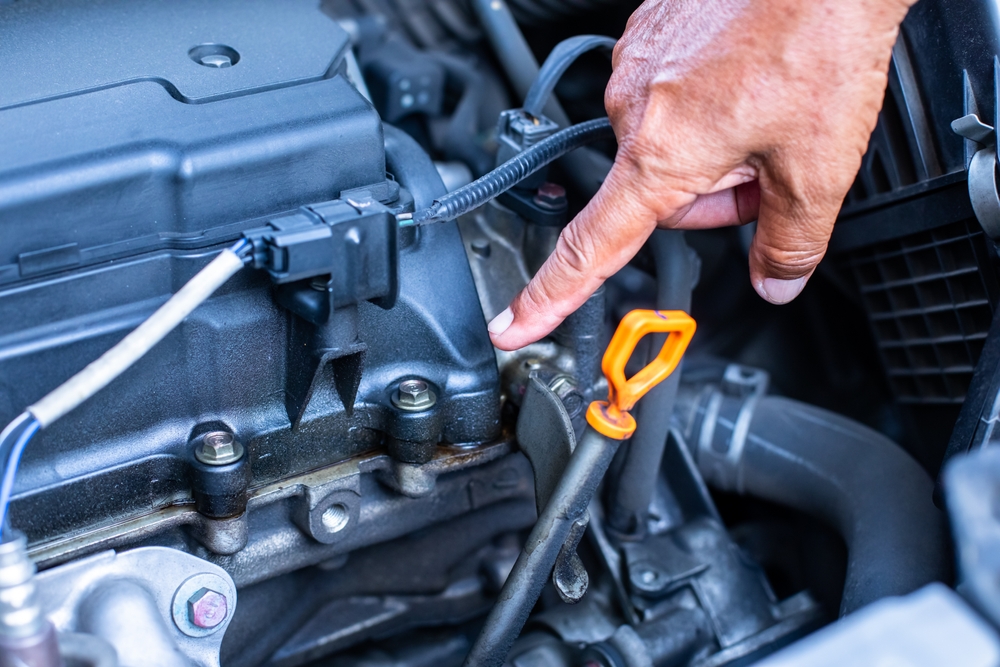
Engine oil is essential for lubricating moving parts and preventing wear and tear. Skipping oil changes can cause the oil to become dirty and lose its effectiveness, leading to increased friction and heat. Over time, this can cause seals and gaskets to deteriorate, resulting in oil leaks. These leaks can damage the engine and other components, leading to costly repairs. Regular oil changes and inspections help prevent leaks, keeping your engine well-lubricated and protected.
Transmission Issues
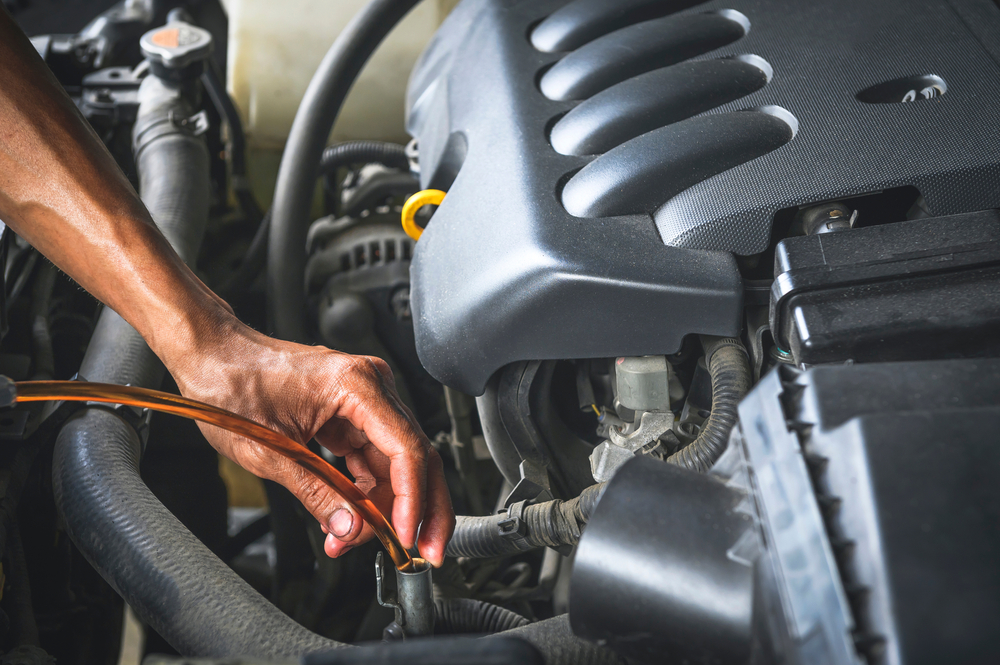
The engine and transmission work together to power your vehicle, and problems with the engine can put extra strain on the transmission. For example, an engine that runs too hot or misfires frequently can cause the transmission to work harder, leading to premature wear and potential failure. Transmission repairs are often expensive and time-consuming. Regular engine maintenance helps prevent these issues by ensuring the engine operates smoothly and efficiently, reducing the strain on the transmission.
Increased Wear and Tear
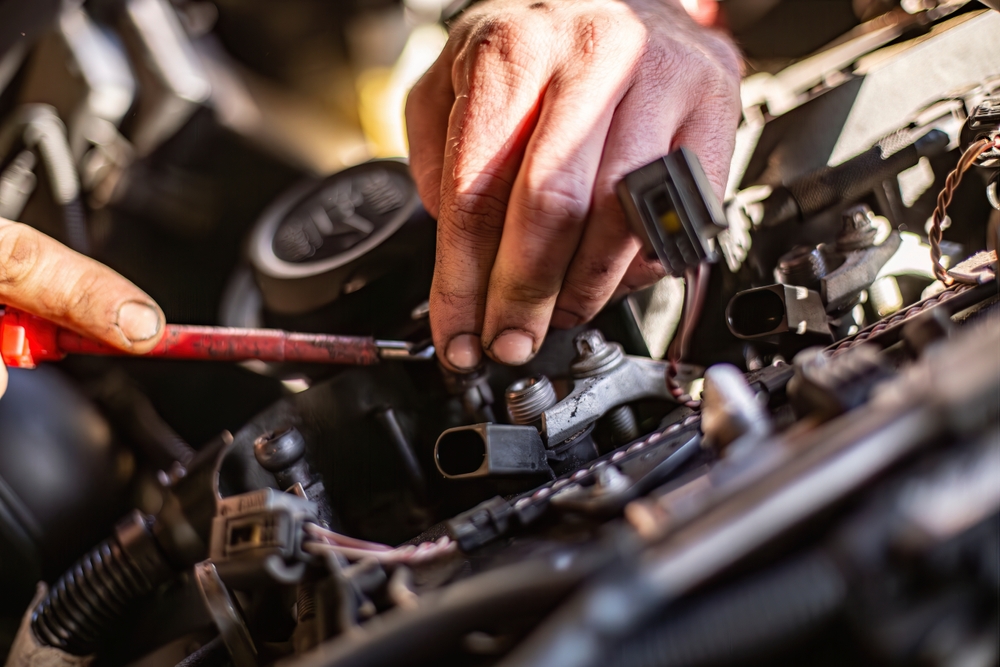
Every part of your engine is subject to wear and tear, but regular maintenance can slow this process and extend the life of your engine. Neglecting maintenance accelerates wear, causing components to degrade faster than they should. This increased wear and tear can lead to more frequent breakdowns, higher repair costs, and a shorter overall lifespan for your vehicle. Routine maintenance helps keep your engine in top condition, minimizing wear and tear and maximizing its longevity.
This article originally appeared in MyCarMakesNoise.
More from MyCarMakesNoise
15 Unconventional Car Mods That Turn Heads

When it comes to personalizing cars, some enthusiasts take their creativity to the next level. From bold color choices to radical body modifications, these unconventional car mods are guaranteed to turn heads wherever they go. Read More
15 Most Frustrating Car Tech Issues According to Drivers

Navigating the roads can be challenging enough without the added frustration of problematic car technologies. We’ve gathered insights from drivers to highlight the 15 most frustrating car tech issues. Read More
19 Most Elegant Classic Trucks Ever Made

Classic trucks have a unique charm that combines rugged functionality with timeless elegance. In this article, we celebrate the 19 most elegant classic trucks ever made, showcasing models that have stood the test of time with their stunning designs and enduring appeal. Read More














